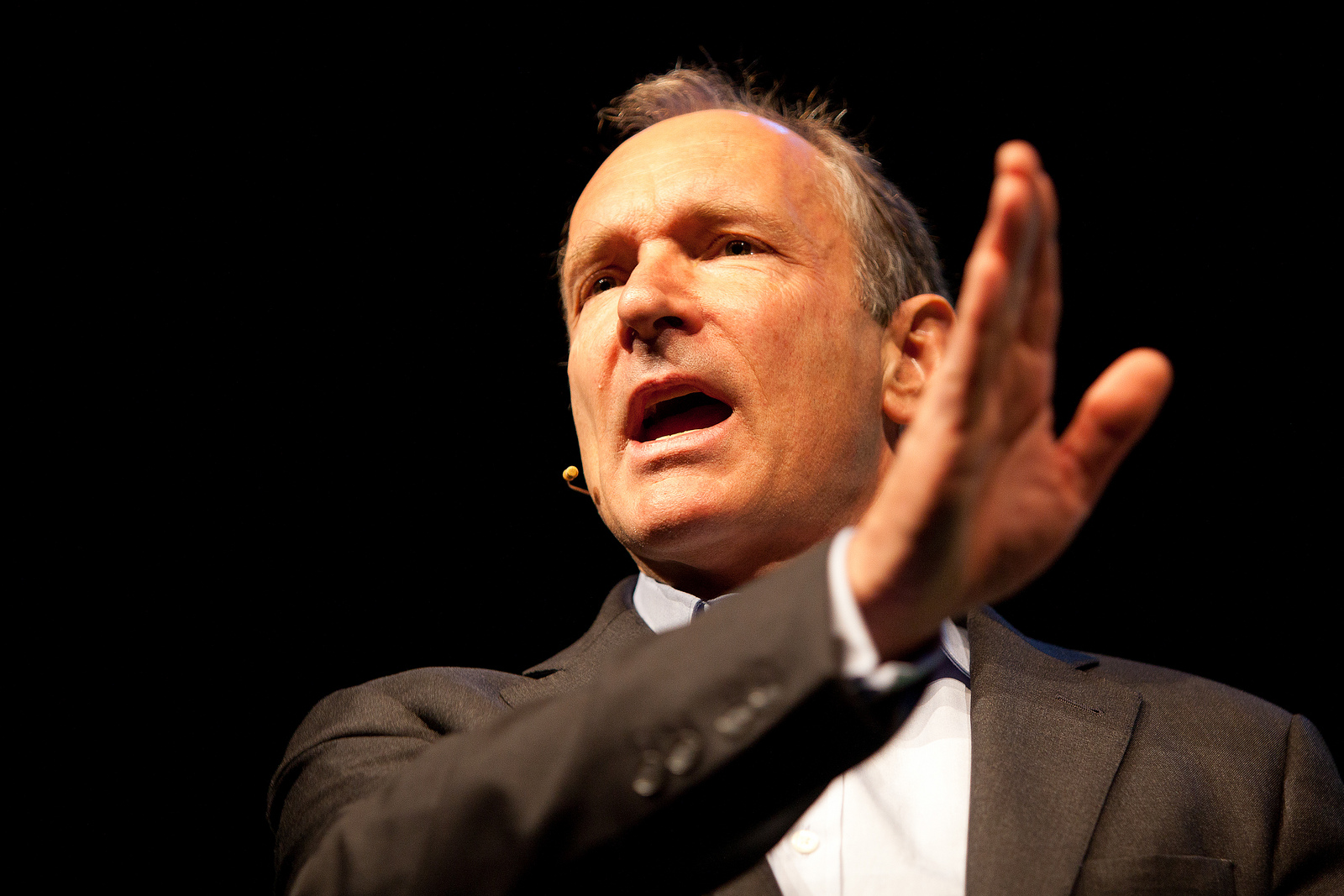Sir Tim Berners-Lee champions new rules designed to 'fix the internet'
The internet luminary wants the tech industry and governments to hold each other to account


Sir Tim Berners-Lee has launched the Contract for the Web initiative, a set of rules and guidelines designed to save the internet from becoming a "digital dystopia".
The founder of the World Wide Web said the internet is currently under threat from political manipulation, fake news and privacy violations, adding action must be taken now to save it from irreparable damage.
The Contract for the Web has been drafted over the past year in association with 80 organisations, the final form of which includes nine principles to adhere to, three each for governments, companies and individuals.
In addition to its principles, the Contract for the Web acts somewhat like a badge of honour for companies which back it. More than 150 organisations have given the contract its support and, in turn, have been added to a list of endorsers – a group of verified proponents of a safe and open internet.
To remain on the list of endorsers, companies must be able to consistently demonstrate they are actively implementing and developing solutions to combat the issues threatening the internet.
So far, Google, Facebook, Microsoft, GitHub, Twitter and Reddit are among the most prominent backers. Amazon is a notable absentee.
"I think people's fear of bad things happening on the internet is becoming, justifiably, greater and greater," Berners-Lee told the Guardian. "If we leave the web as it is, there's a very large number of things that will go wrong.
Get the ITPro daily newsletter
Sign up today and you will receive a free copy of our Future Focus 2025 report - the leading guidance on AI, cybersecurity and other IT challenges as per 700+ senior executives
"It's not that we need a 10-year plan for the web, we need to turn the web around now."
It's not clear how the initiative will enforce the rules and whether it will make much impact on the way governments and tech companies do business and conduct themselves on the internet.
It will likely take a big industry push to collectively hold others to account and involve assigning some social capital to those who retain their membership to the Contract for the Web.
According to the principles of the contract, governments are tasked with providing an open internet to the masses and uphold their constituents' rights to online privacy.
The private sector principles state that the internet must be made affordable and accessible to all, that companies must respect privacy and users' personal data, and that technologies should be developed to "support the best in humanity and challenge the worst".
According to the contract, individuals should actively contribute and collaborate on the web, build strong and respectful communities that respect civil discourse and ultimately join the fight for an open internet.
Berners-Lee has been an outspoken voice in the fight for an open internet for years, championing a variety of projects that promote the internet such as the World Wide Web Consortium.
In recent years, Berners-Lee has been heavily critical of the actions of major technology companies on the internet. Speaking at OpenText Enterprise World earlier this year, he said the modern web is like an episode of Black Mirror, a popular Netflix series depicting a dystopian future planet.
The internet luminary has also previously stated that big tech companies such as Facebook and Google are helping to "weaponise the web" due to the amount of control they have on what ideas are shared and hidden.

Connor Jones has been at the forefront of global cyber security news coverage for the past few years, breaking developments on major stories such as LockBit’s ransomware attack on Royal Mail International, and many others. He has also made sporadic appearances on the ITPro Podcast discussing topics from home desk setups all the way to hacking systems using prosthetic limbs. He has a master’s degree in Magazine Journalism from the University of Sheffield, and has previously written for the likes of Red Bull Esports and UNILAD tech during his career that started in 2015.
-
 Bigger salaries, more burnout: Is the CISO role in crisis?
Bigger salaries, more burnout: Is the CISO role in crisis?In-depth CISOs are more stressed than ever before – but why is this and what can be done?
By Kate O'Flaherty Published
-
 Cheap cyber crime kits can be bought on the dark web for less than $25
Cheap cyber crime kits can be bought on the dark web for less than $25News Research from NordVPN shows phishing kits are now widely available on the dark web and via messaging apps like Telegram, and are often selling for less than $25.
By Emma Woollacott Published